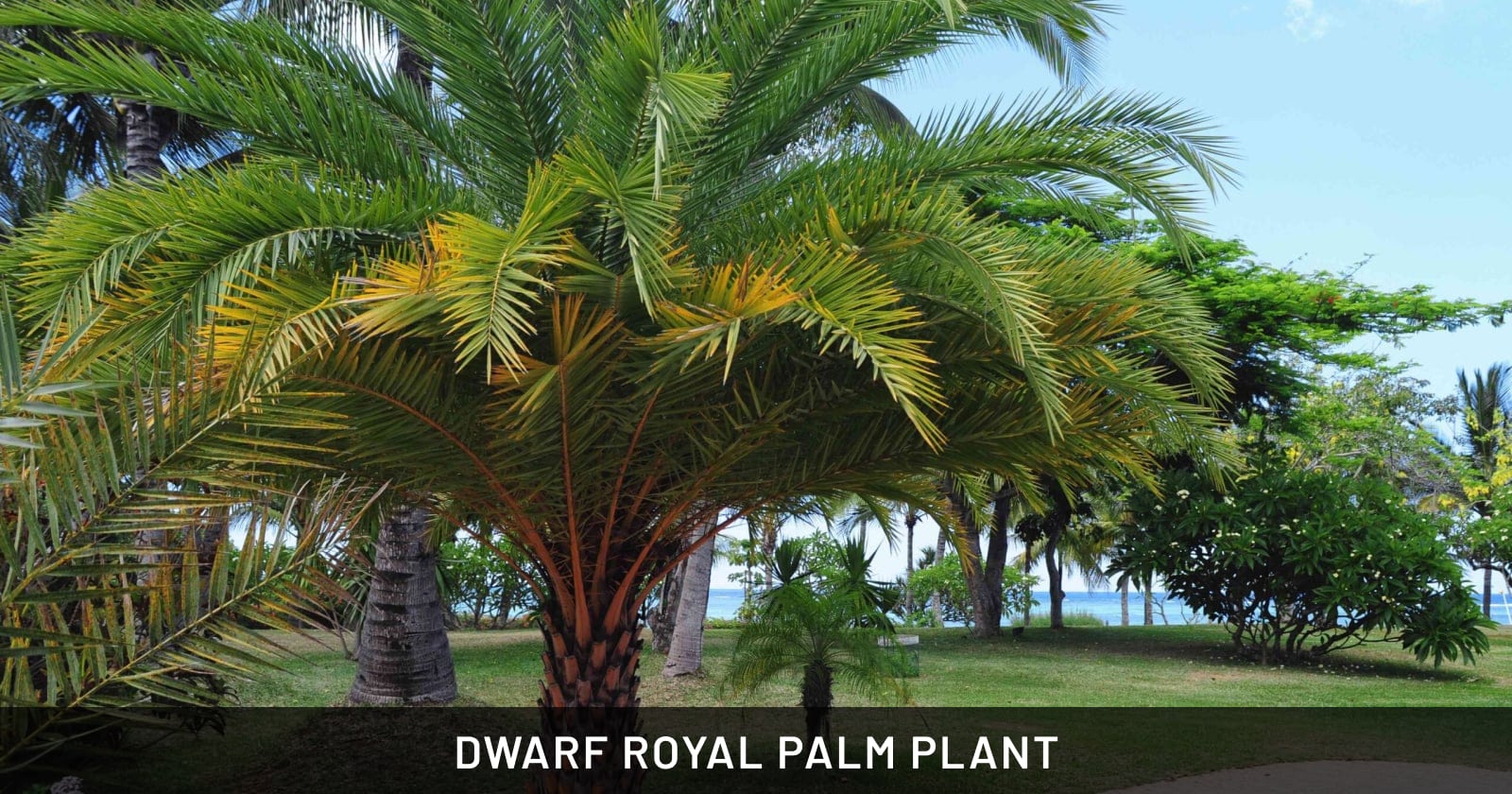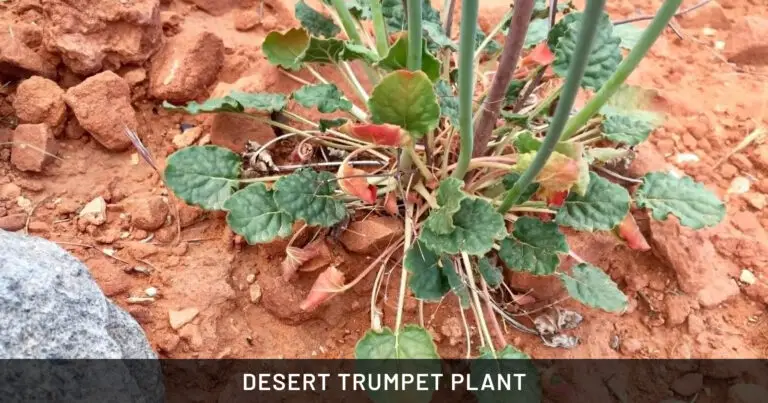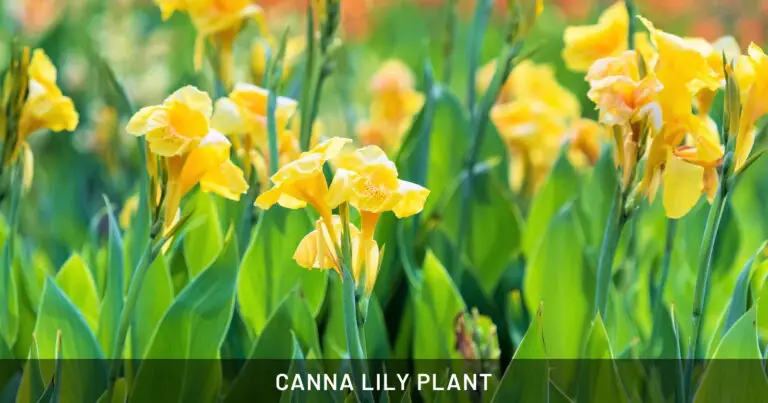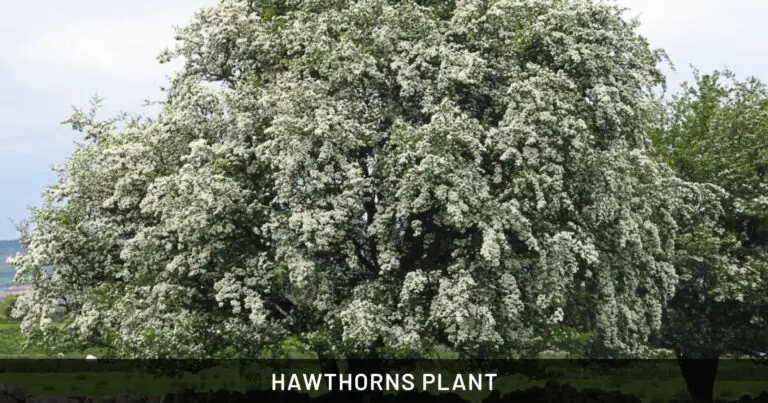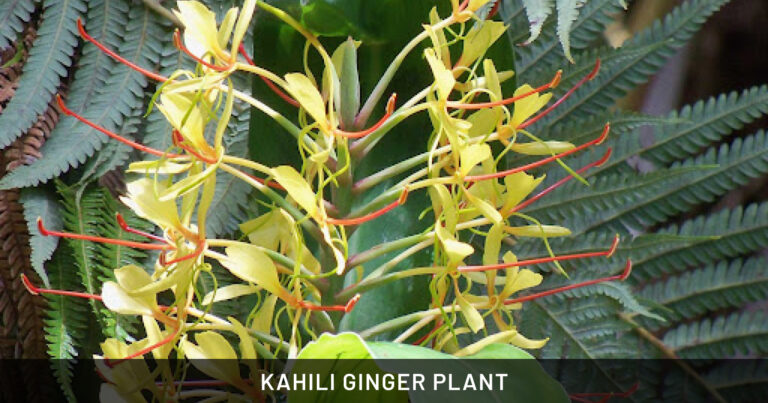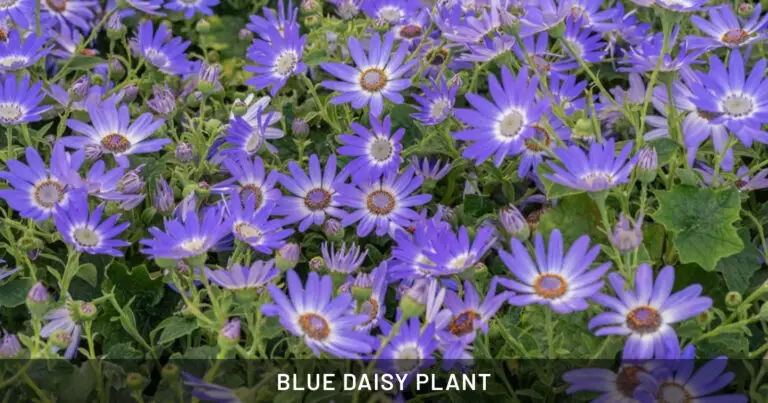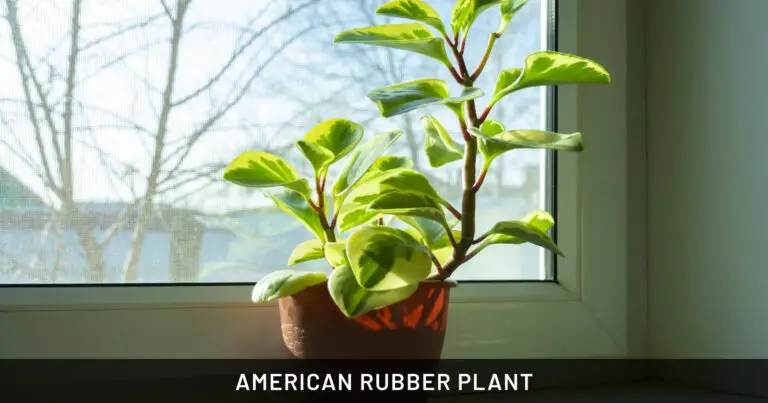Dwarf Royal Palm Plant: Safe for Dogs & Cats | Indoor & Pet Friendly
Dwarf Royal Palm, a tropical gem, flourishes indoors and out, reaching modest heights that suit any garden or home corner. Its lush, feather-like leaves add a serene, airy ambiance. This palm, adaptable and low maintenance, thrives in bright, indirect light, making it an ideal companion for pet owners. It’s non-toxic, ensuring safety for curious cats and dogs who might explore its foliage. Regular watering, when the top inch of soil feels dry, and a monthly feed during growing seasons keep it vibrant. For those seeking a touch of tropical elegance that harmonizes with busy lifestyles and pet-filled households, the Dwarf Royal Palm stands as a splendid choice.
| Characteristic | Detail |
|---|---|
| Scientific Name | Roystonea regia ‘Dwarf’ |
| Common Names | Dwarf Royal Palm, Miniature Royal Palm |
| Family | Arecaceae |
| Origin | Cultivated variety with origins in the Caribbean and Florida |
| Height | Up to 10-15 feet outdoors (significantly smaller indoors) |
| Spread | 5-8 feet in canopy spread |
| Growth Rate | Moderate |
| Leaf | Pinnate, with long, feather-like fronds |
| Leaf Color | Deep green |
| Trunk Characteristics | Smooth, straight, grey trunk |
| Flower | Small, white flowers in clusters (infrequently seen in indoor settings) |
| Fruit | Small, black fruits following flowering (rarely indoors) |
| Light Requirements | Prefers bright, indirect light; can tolerate partial shade |
| Water Requirements | Moderate, prefers consistently moist soil |
| Soil Requirements | Well-draining, fertile soil |
| Fertilizer Requirements | Monthly during the growing season with a balanced fertilizer |
| Temperature Tolerance | Warm climates preferred; not frost-tolerant |
| Humidity Requirements | High humidity preferred |
| Toxicity | Non-toxic to pets |
| Pest Resistance | Generally resistant, but watch for spider mites and scale insects |
| Disease Resistance | Resistant to most diseases, with proper care |
| Usage | Ornamental plant for indoors and tropical landscapes |
| Maintenance Level | Low to moderate |
| Propagation | Typically by seeds (less common for the dwarf variety) |
Dwarf Royal Palm Plants and their Toxicity
The Dwarf Royal Palm (Veitchia merrillii), also known as the Christmas Palm, is considered non-toxic to both pets and humans.
| Characteristic | Detail |
|---|---|
| Human | Non-toxic |
| Pets | Non-toxic |
| Toxic to Pets | None (safe for Cats, Dogs, Birds, Other Pets) |
| Toxicity Level to Pets | None (completely safe) |
| Toxic parts | None |
| Effect Methods | Not applicable (plant is non-toxic) |
This shows that the Dwarf Royal Palm is a safe and attractive choice for indoor and outdoor gardening, posing no risk of toxicity to pets or humans. Its ease of care and non-toxic nature make it a popular choice among plant enthusiasts who also have pets.
How to Grow and Care for Dwarf Royal Palm
Is the dwarf royal palm toxic to dogs/cats/horses?
Yes, the dwarf royal palm (Veitchia merrillii), also known as the Christmas palm, is considered non-toxic to dogs, cats, and horses according to various resources.
Can my pet eat parts of the dwarf royal palm without getting sick?
While non-toxic, large consumption of any plant material can cause mild stomach upset in pets. It’s best to deter them from eating the palm fronds.
Is the dwarf royal palm safe to keep outdoors with pets around?
Generally, yes. The dwarf royal palm is a good choice for outdoor landscapes with pets. However, young or curious pets might try to chew on the fronds, potentially damaging the plant.
What precautions should I take when keeping a dwarf royal palm with pets?
- Placement: If your pet is a chewer, consider planting the palm in a location where it’s out of reach (e.g., fenced area, raised bed).
- Training: Train your pet to leave the palm alone using positive reinforcement techniques.
- Supervision: When pets are young or curious, supervise them around the plant to prevent excessive chewing.
Can the dwarf royal palm hurt my pet?
The dwarf royal palm itself isn’t likely to cause harm. However, sharp-edged, fallen fronds could potentially scratch or irritate your pet’s paws or eyes. Rake up fallen debris regularly.
